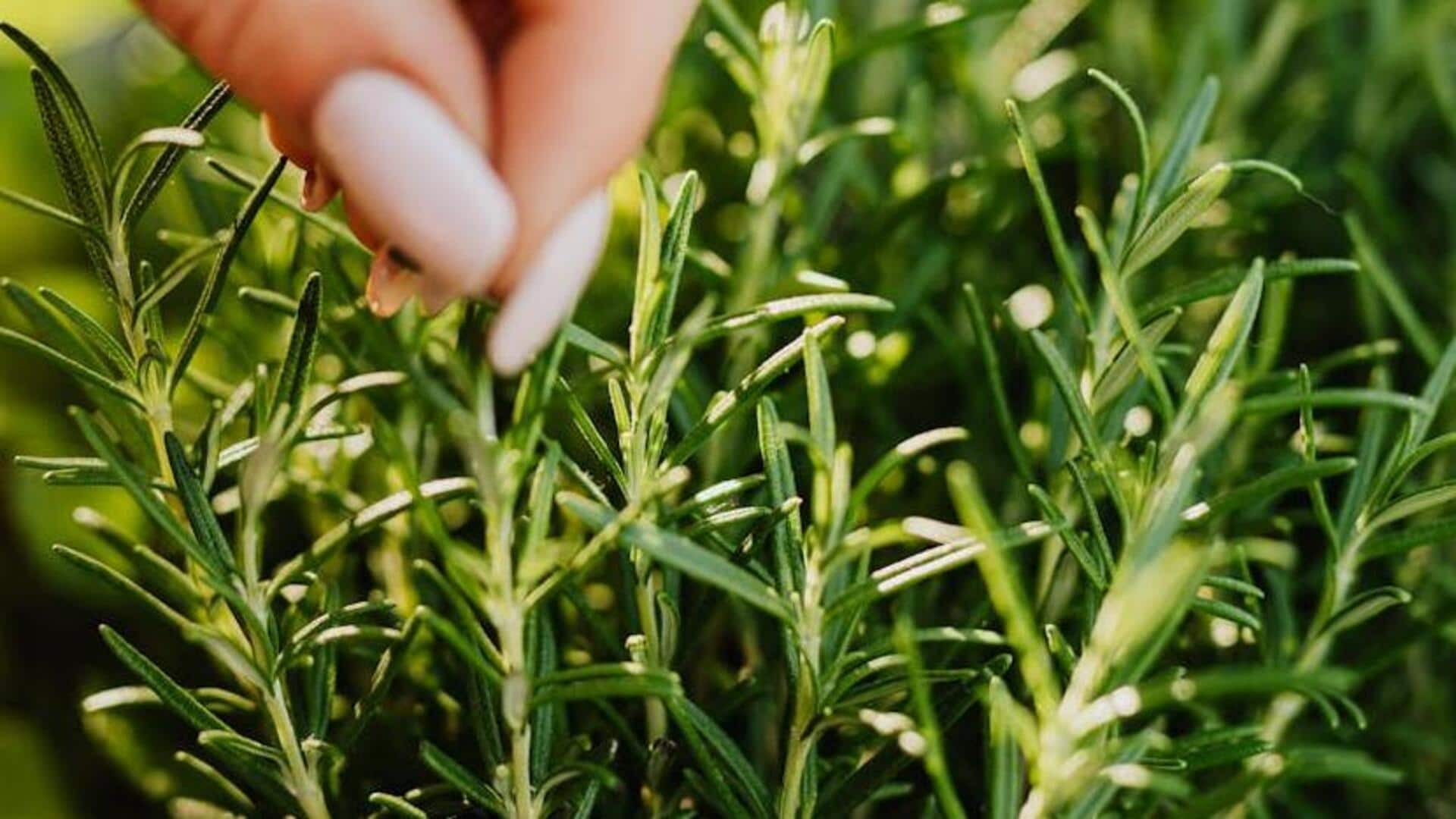
5 ways to boost creativity with kitchen gardening
What's the story
Next up, kitchen gardening boosts your creativity.
You can grow herbs, vegetables, and even fruits in confined spaces such as balconies.
The activity not only ensures that you have fresh ingredients but also pushes you to think out of the box and solve problems.
It's the perfect hobby to hone your creative thinking as it introduces new ideas and perspectives through gardening challenges.
Variety exploration
Experiment with plant varieties
Trying out different plant varieties can spark creativity by adding new colors, shapes, and textures into your garden.
Experimenting with unusual herbs or heirloom vegetables can inspire unique culinary creations and artistic arrangements.
This exploration encourages gardeners to think outside the box and develop innovative solutions for growing conditions or space limitations.
Layout planning
Design your garden layout
Designing a garden layout requires strategic thinking and creativity.
You need to keep sunlight exposure, plant compatibility, and aesthetic appeal in mind when planning your space.
By creating visually pleasing patterns or themes, you can easily transform a simple garden into an inspiring environment.
This transformation fuels creative thought processes by introducing elements of design and beauty into the gardening experience.
Upcycling ideas
Incorporate upcycled materials
Using upcycled materials in your kitchen garden not only adds to the eco-friendly creativity boost but also minimizes waste significantly.
By repurposing things like old containers, wooden pallets, or glass jars as planters or decorative pieces, gardeners are challenged to find innovative uses for everyday objects.
This fun and creative approach promotes a sustainable gardening practice while elevating the beauty of your space.
Companion techniques
Engage in companion planting
The idea of companion planting is to grow certain plants together for mutual benefits (like pest control, improved growth).
This technique requires research and experimentation, which can stimulate creative problem-solving skills.
By understanding plant relationships, gardeners can design more efficient gardens that maximize space and resources.
Journaling practice
Document your gardening journey
Keeping a journal of your gardening experiences not only allows you to reflect on your successes and challenges but also track your progress over time.
Documenting your observations about plant growth patterns or weather conditions encourages analytical thinking and helps you identify areas for improvement.
This practice fosters continuous learning which makes you more creative in your gardening endeavors and other aspects of life.